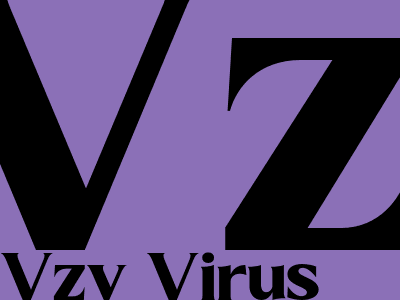
Vzv Virus
VZV Virus: A Comprehensive Guide
Understanding the VZV Virus
The varicella-zoster virus (VZV) is a highly contagious virus belonging to the herpesvirus family. It's the primary cause of two distinct diseases: chickenpox and shingles. Chickenpox primarily affects children, while shingles typically occurs in adults who have had chickenpox in the past.
Chickenpox: Symptoms, Transmission, and Treatment
Chickenpox is a common childhood illness characterized by an itchy, blistering rash. It spreads through direct contact with an infected person or through airborne droplets. Symptoms include: * Fever * Fatigue * Loss of appetite * Itching * Blisters * Headache * Muscle aches Treatment for chickenpox is supportive, focusing on relieving symptoms. Antiviral medications may be recommended in some cases.
Shingles: Symptoms, Transmission, and Treatment
Shingles, also known as herpes zoster, is a reactivation of the VZV virus that remains dormant in the body after chickenpox. It typically causes a painful rash and blisters along a specific nerve pathway. Symptoms include: * Pain * Tingling * Burning sensation * Itching * Blisters * Fatigue * Headache Treatment for shingles aims to reduce pain and prevent complications. Antiviral medications are commonly prescribed, and pain relievers may be used.
Prevention: Vaccination and Natural Immunity
Vaccination is the most effective way to prevent chickenpox and shingles. The varicella vaccine is recommended for children and can significantly reduce the risk of both diseases. Natural immunity can also be acquired by having chickenpox. However, this can lead to the development of shingles later in life.
Complications and Risks
In most cases, chickenpox and shingles are mild and self-limiting. However, complications can arise, such as: * Bacterial infections * Pneumonia * Encephalitis * Reye's syndrome (in children) * Post-herpetic neuralgia (chronic pain after shingles)
Conclusion
The VZV virus is a common and potentially serious virus. Understanding its transmission, symptoms, and prevention is crucial for maintaining good health. Vaccination remains the best way to protect against chickenpox and shingles. If you experience any symptoms of chickenpox or shingles, consult a healthcare professional promptly for diagnosis and treatment.

Comments